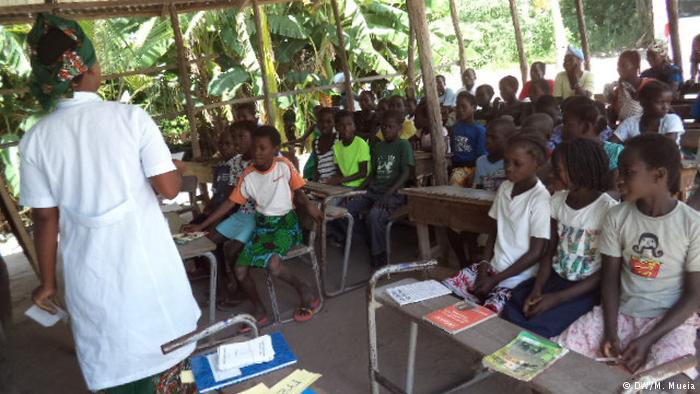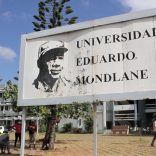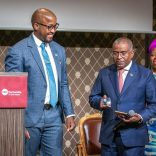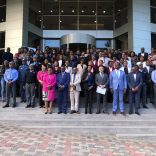Mozambique: Three UEM lecturers expelled, two suspended for sexual harassment
Almost 90% of Mozambican children arriving at school unable to speak Portuguese – Government

DW (File photo)
About 90 percent of Mozambican children begin attending school classes without knowing the Portuguese language, which is an obstacle to the teaching and learning process, according to Mozambique’s Ministry of Education and Human Development.
The figure was quoted on Wednesday during the National Bilingual Forum by the Minister of Education and Human Development, Conceita Sortone, and reported today by the daily newspaper O País.
Sortone says this is one of the causes of the bad results in primary schools in the country, proposing bilingual teaching as the solution to the problem.
“A close look at our statistics clearly shows that our citizens do not benefit from health services, justice and access to information because they do not stay in the education system, and that is because they do not speak Portuguese,” Sortane said.
Bilingual education should be seen as a “new classroom dynamic” that would facilitate teaching, especially in rural areas. “We need teachers who know the language and not those who are merely curious,” she said.
In 2017, the Ministry of Education and Human Development announced that primary education would use the 16 national languages alongside Portuguese. Each primary school will teach in the community’s most-used national language, in parallel with Portuguese.
Several studies of primary education have pointed to the use of Portuguese as a barrier to learning, since most Mozambican children do not speak Portuguese as their mother tongue.












Leave a Reply
Be the First to Comment!
You must be logged in to post a comment.
You must be logged in to post a comment.